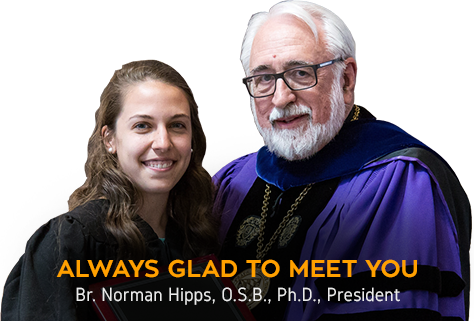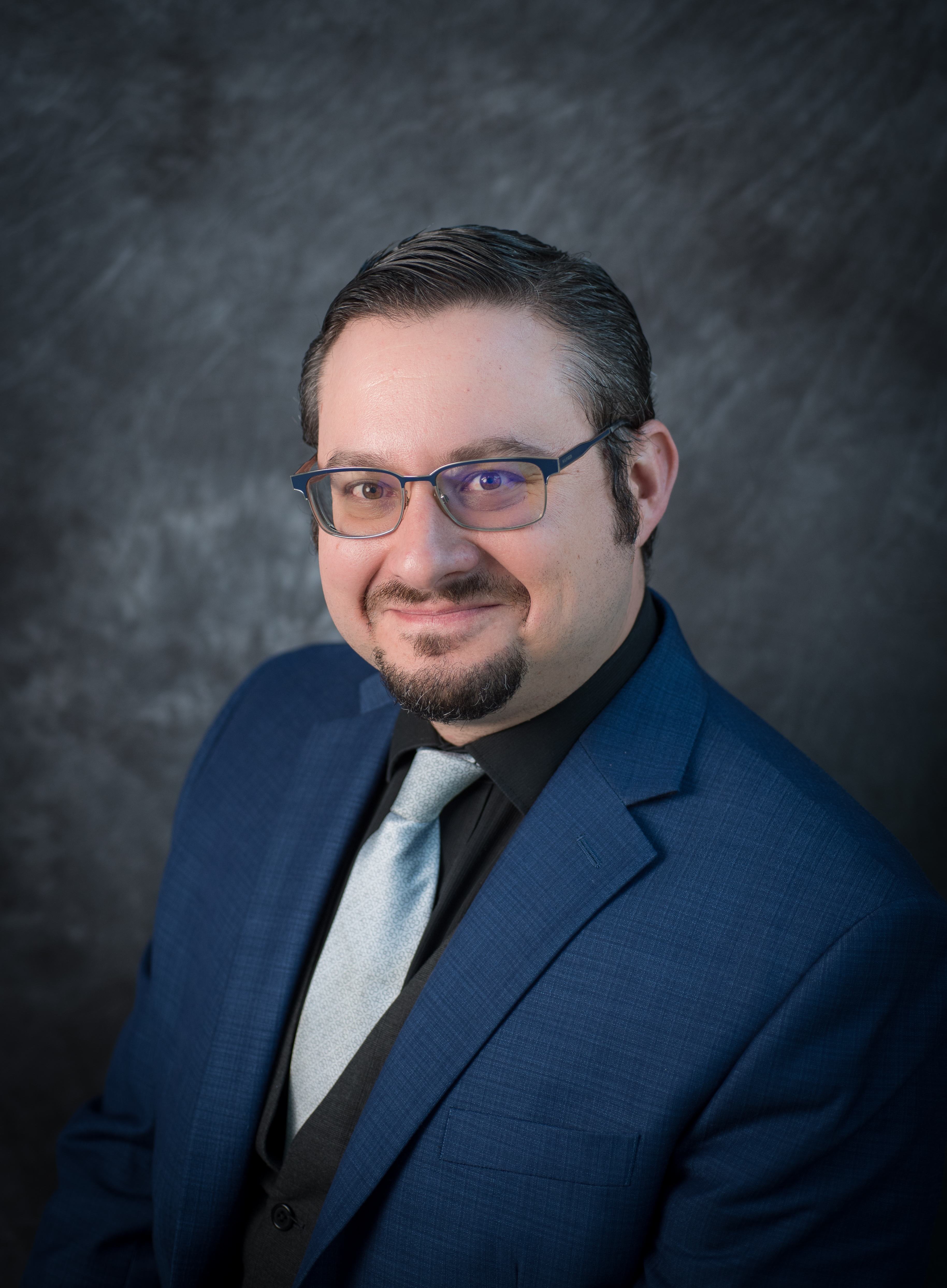Creating an inclusive and welcoming workplace that values all employees is crucial for organizations (and society as a whole). Yet, we constantly hear news of racism, sexism, bigotry, discrimination and other forms of marginalization in our country and in our organizations.
There are so many reasons to value diversity and understand its importance. At Saint Vincent, we talk a lot about the Rule of Saint Benedict – so much so that its hallmarks have become part of our organization’s culture. An important hallmark is hospitality which I interpret to mean welcoming others including those of all races, genders, religions and ages. Unfortunately, not all organizations have values like hospitality embedded in their cultures. It is likely that you could easily think of examples of companies that marginalize particular employees or have practices that do not emphasize the dignity of all.
There are many reasons to embrace diversity including moral ones such as respecting all of humanity. For organizations, welcoming a diversity of perspectives means that there will be better decisions, higher quality products, improved services and overall increased organizational outcomes (Cox, 2001). More importantly, though, by having a welcoming and inclusive workplace, people start to perceive others whom they might have thought were completely “different” from them are, in fact, more similar than previously thought. This isn’t to say that all differences aren’t recognized. Instead, in cultures that welcome inclusion, differences are appreciated and respected while acknowledging that some goals and aspirations may be shared. In other words, by working with a diverse group toward common goals, a sense of shared belongingness could occur (Allport, 1979).
Perhaps it is naïve to think that everyone and every organization will embrace such a workplace (or society). Indeed, it is unfortunate that evidence has clearly shown that the values inherent in some cultures don’t support inclusion. According to Schein (2010), there are three levels of culture. Artifacts represent the level that is experienced with the senses and can include behaviors such as how people treat others. Artifacts (e.g. behaviors) are built upon the values (the second level of culture) which are, in essence, what the organization cares about. If inclusion is not a core value of a culture, workplace behaviors will occur that marginalize certain groups.
A culture is like an iceberg – we see the artifacts above the water and we understand that these are built upon some larger values. But sometimes we forget that there is an even bigger chunk of ice supporting the values. These are an organization’s underlying assumptions, the third level of culture. They are beliefs that are so ingrained in an organization that they are just assumed and rarely discussed.
In order to fully embrace inclusion, the assumptions that drive values and artifacts need to support respect for all humanity. Organizations that truly implement Operational Excellence well are an ideal example because they rely on varied perspectives of diverse people to continuously improve. Such cultures that strive for Operational Excellence encourage behaviors related to teamwork and taking initiative to solve problems. These behaviors are based on the values that quality, always striving to do better and treating both employees and customers well are of the utmost importance. All of these values are built upon the assumption of respecting humanity.
Therefore, creating a culture of inclusion starts at the assumptions level. The need to care for people – all people – needs to be the lifeblood of our organizations and societies and be the number one unquestioned belief from which all other values and artifacts are derived.
The challenging thing, though, is that deliberately changing a caustic culture does not happen overnight and only changes that impact the underlying assumptions will last in the long-term. In a previous blog post, I discussed the importance of leaders setting the tone for a culture in order to build positive assumptions. However, this is only part of what is needed to change a culture. Other people than those with formal leadership titles also need to reflect respect for humanity in their values and behaviors so that this assumption spreads throughout and creates true change within our organizations and beyond.
What is the culture like where you work? Is it positive or negative in nature? What impact do you feel it has on how you and others work? Please write below, email me at michael.urick@stvincent.edu, or connect with me on social media (www.facebook.com/urickmj and www.linkedin.com/pub/michael-urick/a3/775/5b/). I always love to hear your thoughts!
Michael J. Urick, M.B.A., M.S., Ph.D.
Allport, G. W. 1979. The Nature of Prejudice: 25th Anniversary Edition. Perseus Books Publishing, LLC: New York, NY
Cox, T. 2001. Creating the Multicultural Organization. Jossey-Bass: San Francisco, CA.
Schein, E. H. 2010. Organizational culture and leadership. 4th edition. Jossey-Bass: San Francisco, CA.


 中国学生
中国学生 Estudiantes
Estudiantes




